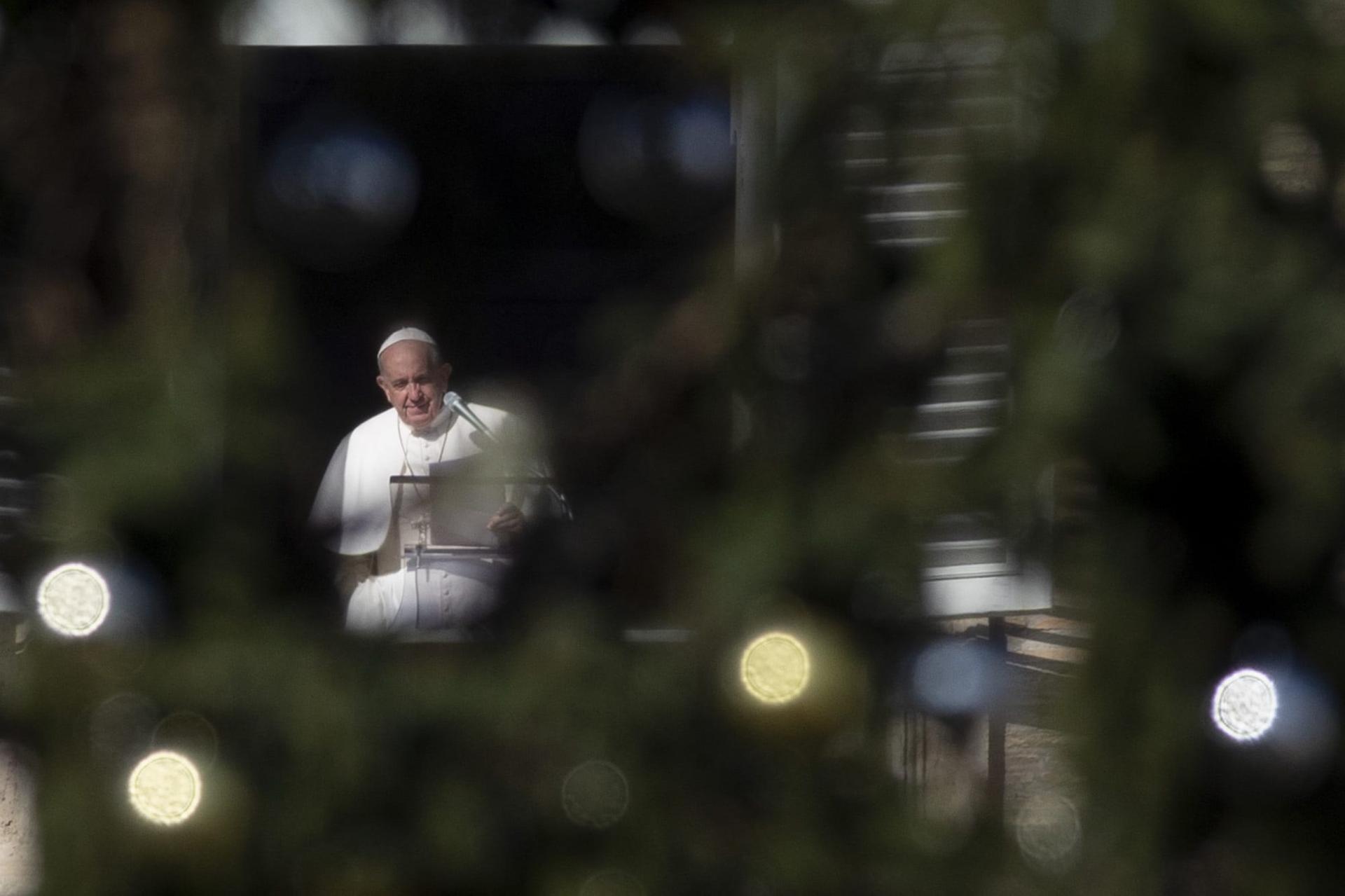ROME – Days before the Italian government is expected to announce new coronavirus safety protocols for the holiday season, the country’s bishops have voiced confidence that whatever the measures might be, Christmas liturgies are still on.
In a Dec. 1 speech inaugurating an extraordinary meeting of the Italian bishops’ conference (CEI), Bishop Mario Meini, currently serving as president of the body while its leader, Cardinal Gualtiero Bassetti, is recovering after being hospitalized with COVID-19, noted that the question of Christmas celebrations and Mass times for the holidays have been dominating media coverage.
“If liturgies and community encounters are subject to particular care and prudence, this should not discourage us,” Meini said, noting that recent months have shown that “it is possible to celebrate in communities in safe conditions, in the full observance of the norms” imposed by the government.
“We are certain that this will also be the case for the coming solemnity of Christmas and will continue to be a sign of solidarity with all,” he said.
The bishops’ meeting and Meini’s utterance of confidence that Mass will be allowed to continue as it has since public liturgies resumed in May comes after European Union officials recently issued recommendations for the Christmas season, including stricter social distancing and possible livestream-only Masses.
It also comes days before Italian Prime Minister Giuseppe Conte is expected to announce new coronavirus regulations for the holidays.
Conte for several days has been engaged in meetings with ministers and regional leaders to discuss what the holidays will look like throughout the country, from the opening of shops to rules for Midnight Mass.
Contagion rates appear to be slowing in some parts of Italy, yet several areas still face high transmission rates, and the daily death toll has been similar to the numbers seen at the height of the spring outbreak.
In the past 24 hours, Italy has recorded 19,350 new COVID infections, which is down from previous 24-hour counts, whereas the death toll was 785.
New regulations expected to be issued Dec. 3 will likely cover the entire holiday season, taking into account the latest data from the health ministry, which is expected to re-evaluate the tiers each region has been placed into thus far.
They are currently divided into yellow, orange, and red zones, with red being the most severe and where the strictest lockdown measures are in place, including a general ban on travel and the closure of bars and restaurants.
Conte has previously said that if the contagion rate in Italy continues to slow, by December there could be no more ‘red zones’, but he has also cautioned that if the rules are relaxed, they won’t be as lenient as they were over the summer.
In a Nov. 26 national address, Conte said “It will be a different kind of Christmas. Sacrifices are still necessary in order not to expose ourselves to a third wave in January with a higher number of deaths.”
Last month the Vatican announced that “for the coming months,” all papal liturgies will be celebrated privately, with a limited number of faithful present, and will be livestreamed, allowing viewers to follow through television or social media.
This likely extends to all papal Christmas liturgies, which traditionally include Mass on Christmas Eve and Christmas morning; a Christmas Day Urbi et Orbi blessing to the city of Rome and to the world; and an Angelus address the day after Christmas.
There are also several papal liturgies surrounding the New Year, including the praying of Vespers Dec. 31, and Mass for the feast of Mary, Mother of God on New Year’s Day.
Other liturgies, such as Mass for the feast of the Epiphany and for the Baptism of the Lord, will also likely be held privately, unless the Vatican announces otherwise.
Masses throughout Italy were suspended for nearly three months last spring when the coronavirus first broke out in Italy, however, there have been no suspensions in the country’s second wave.
During the hiatus from public liturgies during the spring outbreak, many voiced concerns that a government-imposed ban on religious celebrations, no matter the reason, constituted a religious freedom violation.
On the whole, the Italian bishops were docile to the government’s demands, however, they butted heads with the state in May about when to resume public Masses, standing down only after Pope Francis urged obedience to national norms.
While thus far ecclesial life has been allowed to continue, provided faithful follow specific sanitary measures such as social distancing, mask wearing and the use of hand sanitizer, the debate about Christmas Mass – one of the most attended events on the Catholic liturgical calendar – has renewed discussion about whether restrictions might be imposed just for the holiday season.
In his speech, Meini, while confident Christmas Mass will be allowed, stressed that while the infection rates have been lower in recent days, “we are still not out of it. Responsibility and prudence must not cease.”
He said the seasons of Advent and Christmas are a time to focus on themes such as hope, gratuity, poverty, rebirth, and family, which “embellish our Christian identity and indicate a luminous path in the hazy period we are going through.”
Meini urged faithful to obey sanitary norms and to fulfill their societal and professional obligations responsibly, and encouraged families to find time to pray together, using digital means when it’s not possible to gather together.
“Despite the hardships of this phase in history, we have many examples of dedication to others,” whether it is through education, or acts of solidarity with the poor, he said, calling these gestures “seeds of hope” which the Christian community is “called to know how to see and value, collaborating in spreading a culture which asks for trust in tomorrow.”
Follow Elise Ann Allen on Twitter: @eliseannallen















